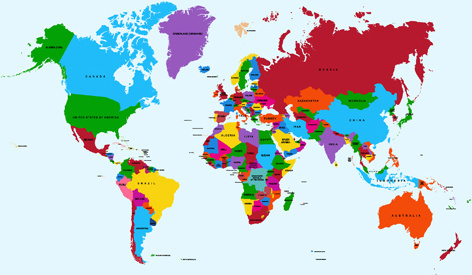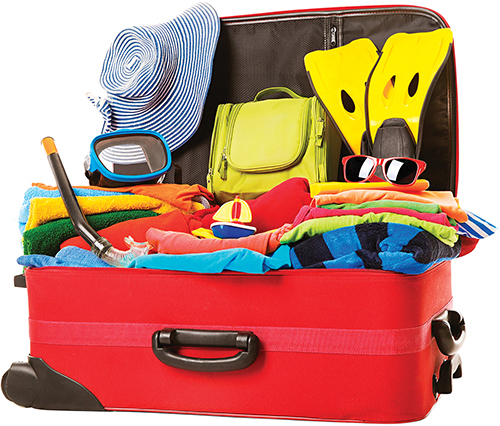
fit
By Barbara Danza I Epoch Times Staff
If you, like so many parents today, find something lacking in the education your child is receiving at school, I have good news.
You don’t have to spend hours on weeknights fighting the system at Board of Education meetings and attempting to change the ways of a decades old bureaucratic institution.
Just as Glinda the Good Witch says to Dorothy in “The Wizard of Oz”: “You don’t need to be helped any longer. You’ve always had the power.”
Supplement your child’s education. It’s not as difficult as it sounds; a few tweaks to your routine at home can open your children up to a world of learning opportunities they simply won’t get at school.
FREES (MAP)

Make your home a place to learn.
Yes, decorate. Your home environment plays a larger role in your children’s education than you may be aware of. The objects you fill your home with, the media messages you invite in, the spaces, the lighting, the smells, and the warmth all contribute to the environment in which your children will do much of their playing, exploring, and learning.
If your home is very cluttered, it’s likely difficult for them to find the freedom to explore. Likewise, if temptations of passive entertainment like video games, television, YouTube, and so on are always beckoning to your children, time they may have spent creating or learning is being usurped.
If, on the other hand, you have maps on the wall, clear tabletops to make things on, books galore to explore, craft supplies in abundance, and toys that call for imagination and ingenuity, your home environment is set up to invite play and exploration and learning.
When you consider changes to your space, think from the perspective of designing your child’s learning environment and see what new ideas come to mind.
Fill your home with books, and read them.
Allow for quiet reading time in your home, individually or together. Talk about books. Take care of your books. Appreciate books.
Strong readers become strong learners. Until your children are strong readers, read aloud to them as much as you possibly can. Don’t worry if they learn to read “late” or more slowly than their siblings or peers. Your job is to impart a love of reading, to show them what a joy a good book is.
ROSE CARSON/SHUTTERSTOCK (BOOKS)

Good readers make good learners.
As much as you can, explore the world around you with your kids.
Involve your children in every aspect of your travel plans—the budget, the itinerary, the map, the cuisine, the must-see places.
Utilize the time before you leave to learn about your destination, its history, and its culture.
Whether you’re able to travel only a few miles from home for a day, or around the world over the course of weeks, travel is an enriching and educational experience that will benefit your children for a lifetime.
INARA PRUSACOVA (SUITCASE)

Traveling provides endless opportunities to learn.
Understand that whether it is your intention or not, those little sponges of yours are learning all the time. Involve your kids in whatever you are doing, whether it be as mundane as laundry or as exciting as visiting a space museum. See the learning opportunities in your family’s activities, and capitalize on them as much as you can.
Encourage endless questions, even if it makes things take longer. Encourage self-sufficiency by giving kids the freedom to make their own lunch, fix a broken faucet, change a lightbulb, or map the way to the park.
Before your kids come home from school one day, set out paint, paintbrushes, and paper, and see what happens to their afternoon. Encourage your kids to use their hands and make things.
For any new skill they are curious about, look up lessons and YouTube tutorials. Good old-fashioned trial and error is a great way to learn how to make and do.
The truth is, your children are probably more likely to realize their potential within a robust and free learning environment at home than within the confines of a typical school system. Shift your thinking to view school as a supplement to their true education that happens at home. And watch them soar.
FREES (MAP): NARA PRUSAKOV. (SUITCASE): PERRY CORBEL